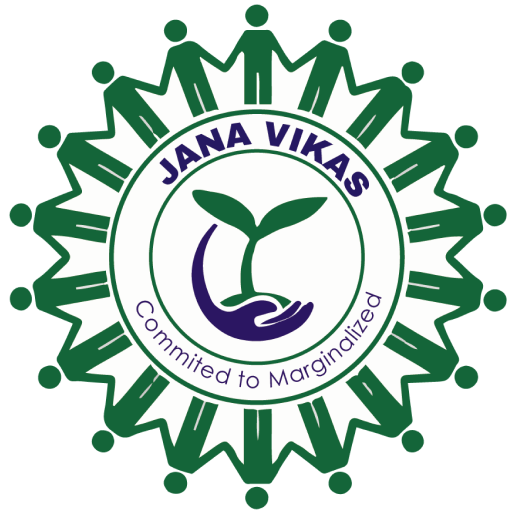Families Involved in NTFP
Shifting cultivation is practiced in the upland terrain to improve the biodiversity of the forest and check the soil erosion, also this is believed that it increases oxygen level in the atmosphere. These initiatives help in protecting and securing entire environment and creation. Farmers have begun to preserve traditional seeds which are the integral part in the entire agricultural cycle. They have even identified varieties of seeds which sustained climatic odds and are nutritious in nature. Organizing seed and knowledge exchange meet and exposure visit for the farmers within, outside of district and state have helped the farmers to adapt different variety of seeds.
Farmers have also accessed variety of horticultural orchards which are edible and accepted by the local communities. A fence to protect their crops is accessed from the horticulture department.
4895 families of 53 nos. of villages are involved with NTFP entrepreneurship
| Products |
No of families involved |
| Sal seeds |
687 |
| Leaf plate |
922 |
| Mohua seeds |
195 |
| Mohua flower |
837 |
| Wild cashew |
509 |
| Chakhunda seeds |
530 |
| Hill brooms |
308 |
| Bidinga |
415 |
| Mushrooms |
47 |
| Jhuna |
88 |
| Palua |
105 |
| Ambula |
175 |
| Turmeric |
77 |
Farmers were provided support to register their names at LAMPS to get direct benefit of transfer (DBT), which helped farmers to avail subsidies on purchase of agricultural equipments and seed from the retailers directly.
Women self help groups started mobilising their own resources through thrift and credit activity but remained stagnant as they are infected with inherent deficiencies due to lack of awareness, strategic vision, and managerial skills among the members.
Jana Vikas has conducted capacity building trainings to develop business plan, leadership skill, to mobilize resources and loans from various agencies and institutions which in return helped them to diversify their activities. Some of the entrepreneurs are selling dry and powdered turmeric, stitching women’s clothes, produce vegetable and selling broiler meat, dray fish, stone chip, rearing chicks and doing shops business.
Handholding support provided to the community members to create assets through micro plans at the village level. These plans were submitted to Panchayat and block office as a result community members accessed work order for levelling land, construction of mud roads, digging of ponds under MGNREGA. This process helped beneficiaries to sustain their livelihood for few days.
Jana Vikas offers intensive residential training on four wheel drive and mechanics for six month to each batch comprise of 15 youths. As of now we have trained 330 youths, out of which 286 are employed. They are earning an average of INR 4500 -15000 per month. While some of them are driving government vehicles some other private carriers and few of them have purchased vehicles with their own finance.















